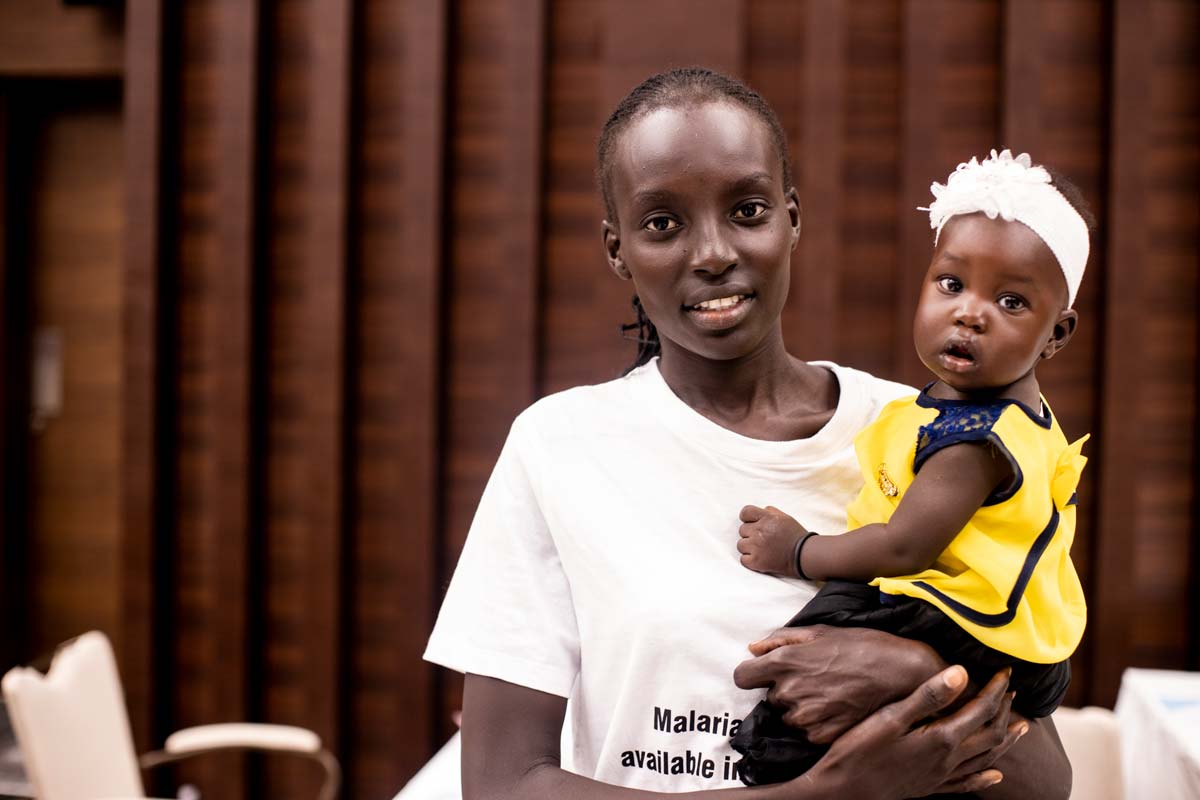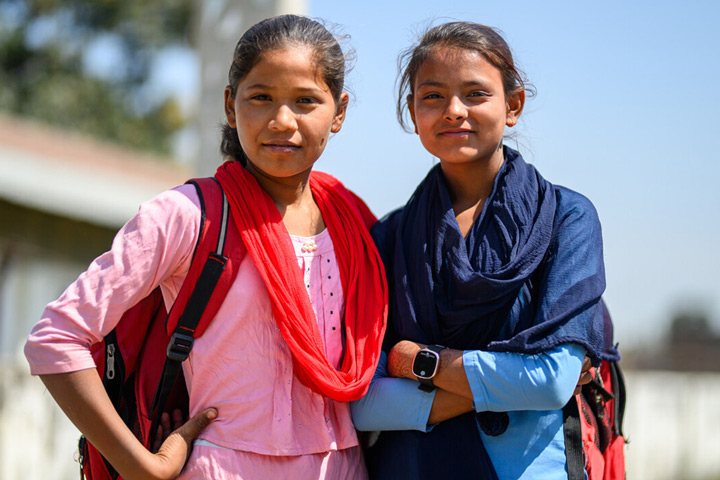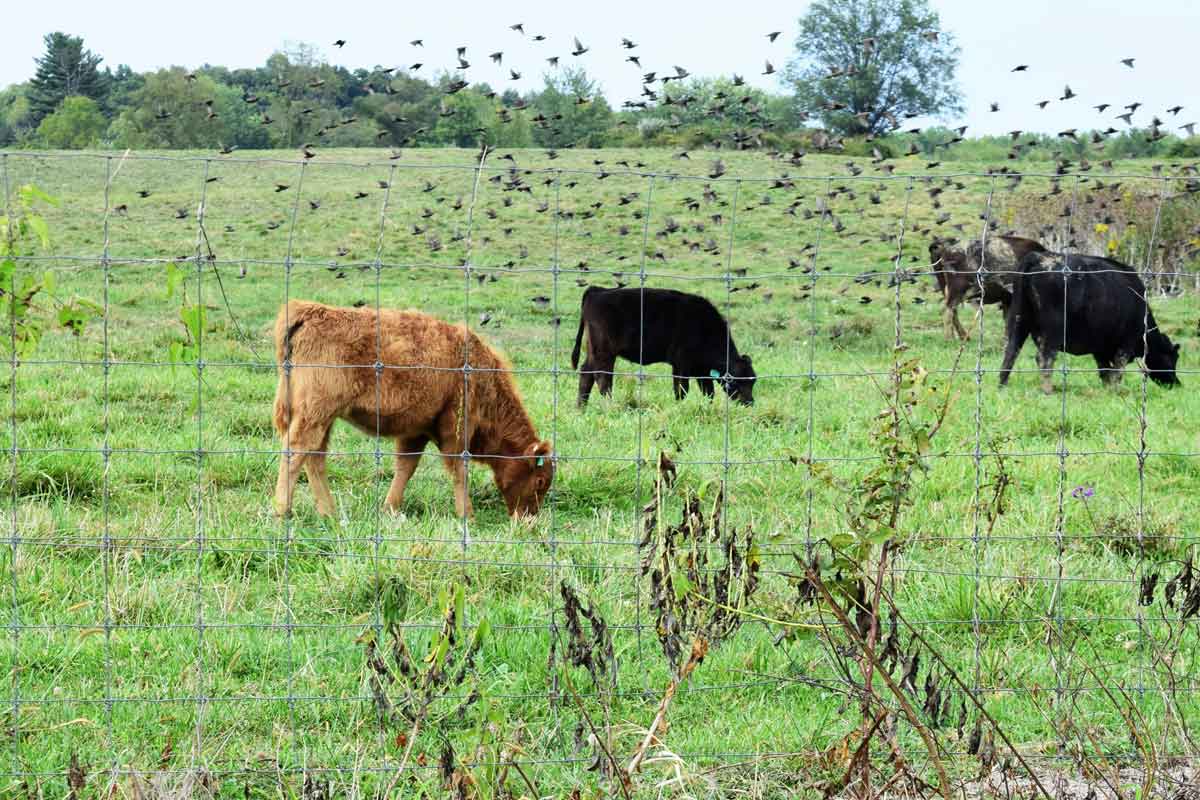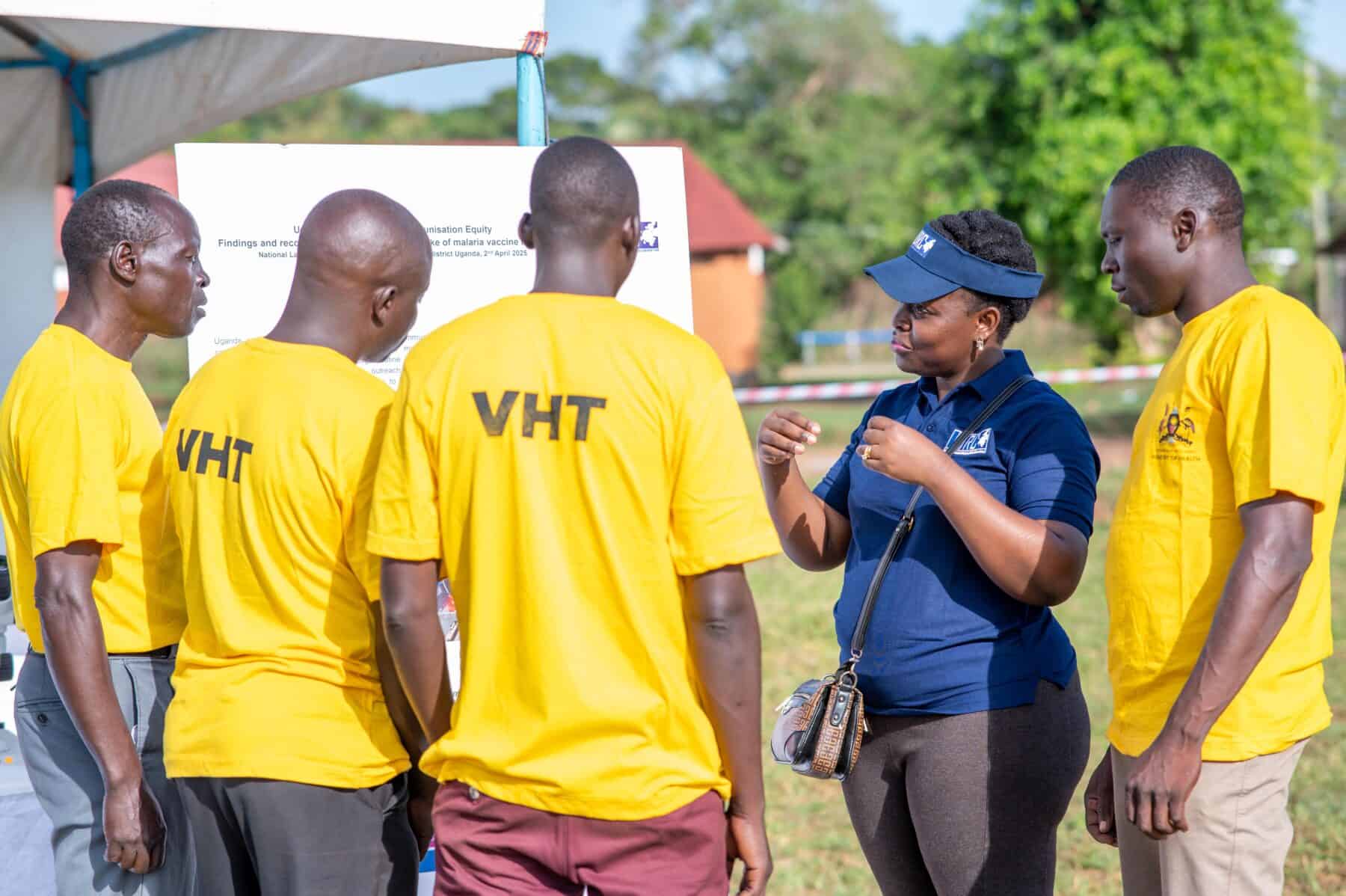Mpox continues to spread in countries with little access to vaccines
Mpox is continuing to circulate in Africa, Asia and Latin America, where access to vaccines is patchy or non-existent.
- 21 June 2023
- 3 min read
- by Priya Joi

Just over a month after the World Health Organization declared that mpox (formerly monkeypox) is no longer a Public Health Emergency of International Concern, the disease is continuing to spread, with cases spiking across the world.
Scientists are concerned that the disease, which causes fever, muscle aches and boil-like skin lesions, is spreading in Africa, Asia and Latin America, where access to vaccines is low or non-existent.
A year after the current global outbreak began, nearly 88,000 people have been infected in 111 countries. In February 2023, researchers found a necrotising form of mpox that has a high fatality rate in people with advanced HIV.
Scientists are concerned that the disease, which causes fever, muscle aches and boil-like skin lesions, is spreading in Africa, Asia and Latin America, where access to vaccines is low or non-existent.
Asia spread
A cluster of cases in cities including Beijing is seeing China step up its efforts in monitoring travellers entering the country, investigating suspected cases, collecting samples and laboratory testing. Japan has also seen a rise in cases since March 2023, suggesting that there is ongoing local transmission in the country.
A letter to the Lancet by Japanese researchers earlier this month warned about how the epidemic could spread if left unchecked. They suggest that by the time an epidemic is nearing its end, cumulative cases are generally between 0.1% and 1.5% of the estimated population size of men who have sex with men, which is the group in which the current global outbreak is primarily spreading.
Have you read?
"If this empirical pattern was applied to Japan, which has an estimated population size [of men who have sex with men] of 0.7 million, an epidemic of up to 10,000 cases might be expected in the absence of successful containment," the researchers say.
The key to stopping the disease from spreading through Asia, they say, will be vaccine rollout in low- and middle-income countries.
Vaccine delays
Meanwhile, despite promises made last year by wealthy countries, African nations are yet to receive any mpox vaccines. A year after the world woke up to threat of the disease, the continent that has been facing outbreaks for decades is still at the back of the queue.
The Jynneos smallpox vaccine made by Bavarian Nordic has been approved for use in mpox patients and many rich countries secured millions of doses – by May 2023, the US had vaccinated 1.2 million people. Twenty million doses of the Jynneos vaccine were allowed to expire and be disposed of without sharing them with other nations.
Africa has yet to receive a single vaccine. "This is a classical example of constrained access for Africa for a product, in this case, vaccines," Dr Ahmed Ogwell Ouma, acting director of the Africa Centres for Disease Control and Prevention, Addis Ababa, Ethiopia, told the Los Angeles Times. "Even if we wanted to buy, there is nowhere to buy, because they are manufactured in modest numbers and then countries stockpile them in case they need them, while where it is actually needed, on the continent of Africa, we don’t have access."
In November 2022, South Korea was the only country to pledge a donation of 50,000 doses of the vaccine to the Africa CDC for distribution around the continent, but the vaccines are yet to arrive.
African researchers and policymakers are now trying to kickstart homegrown vaccine manufacturing efforts. Ouma said this is critical because: "Otherwise, what is happening now is not ideal, it is not good, it is not viable. It is not safe for the whole world."







